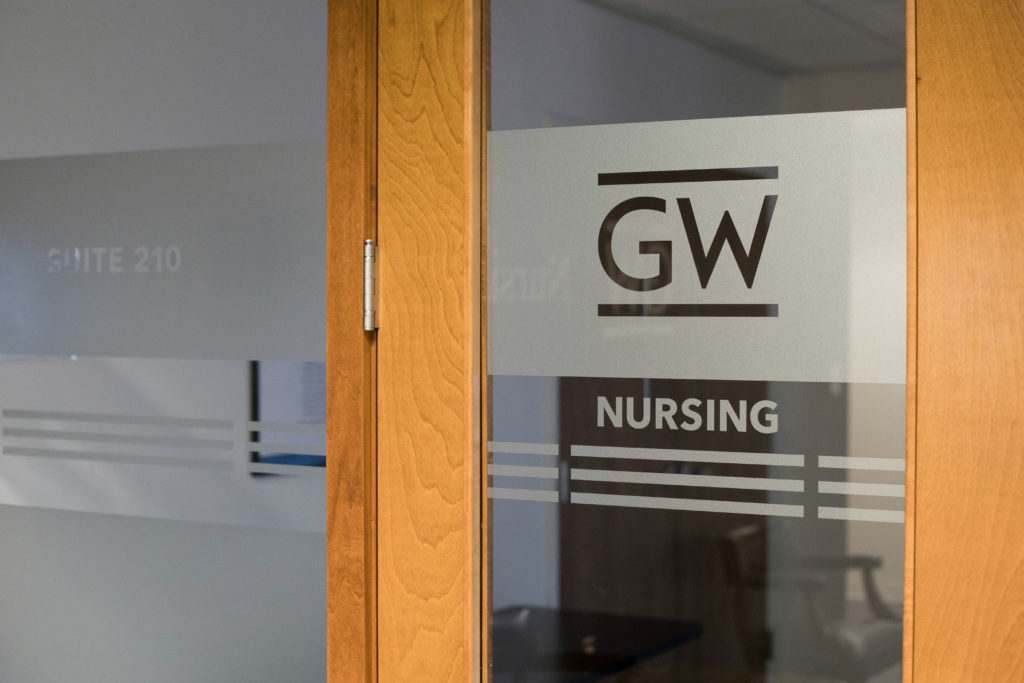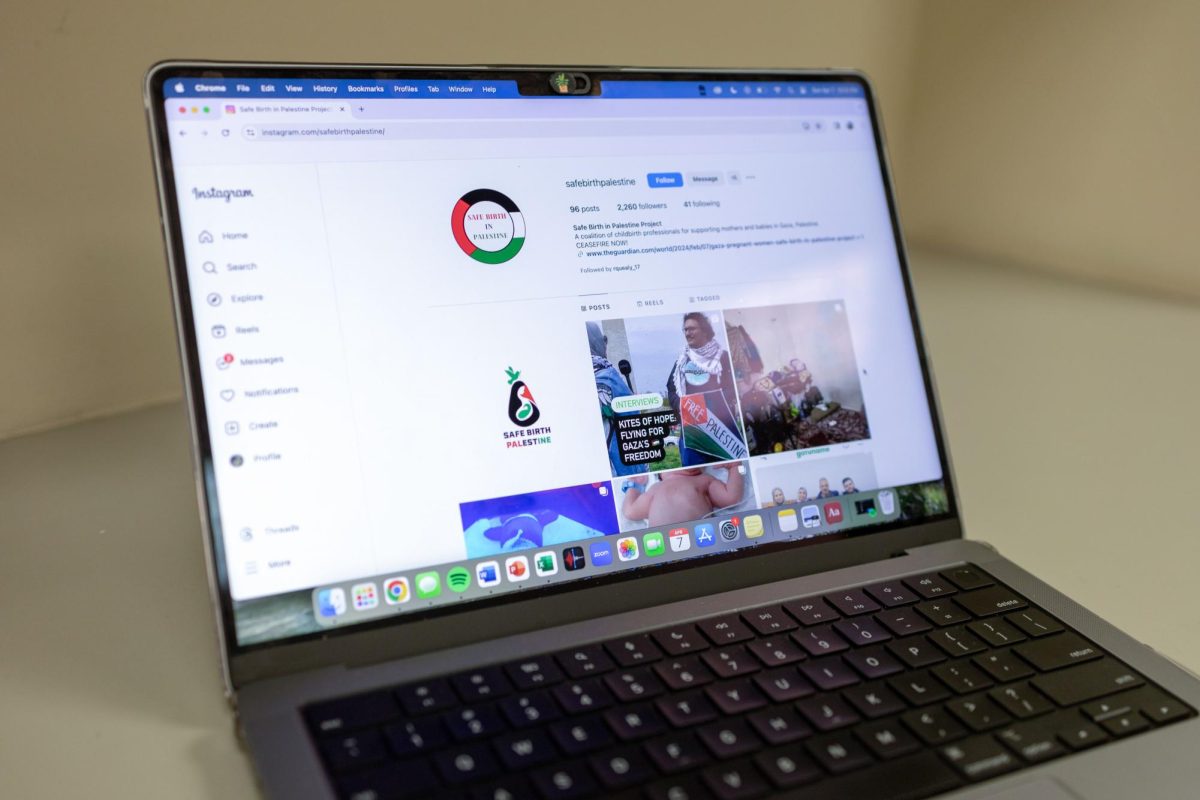The Peace Corps is teaming up with the School of Nursing this semester to provide a fellowship for returned Peace Corps volunteers.
Nursing students returning from the Peace Corps can apply for the Paul D. Coverdell fellowship, which provides a $28,000 scholarship to continue a graduate education at a partnering U.S. university. Pamela Jeffries, the dean of the nursing school, said the fellowship will attract students who can use their experiences abroad to enhance their nursing education.
“By virtue of their participation in the Peace Corps and their demonstrated commitment to public service, returned Peace Corps volunteers are a highly attractive population for us,” she said in an email. “It seemed serendipitous once we discovered that there are other schools at GW who participate in the Coverdell Fellowship program as well.”
The School of Business and the Milken Institute School of Public Health are also listed as fellowship partners on the Peace Corps website.
Jeffries said the nursing school hosted its first fellow this fall and has already seen an uptick in applications to the program. She said fellows study at GW for 15 months with the help of an adviser who guides them through their fellowship experience.
“An immediate benefit, of course, is the cost savings that results from the scholarship,” Jeffries said. “Our ultimate wish, however, is that the long-term benefit for these students is the realization that their GW Nursing education was the perfect complement to their Peace Corps training and that we gave them the tools they needed to thrive in the clinical setting and continue to advance in the profession.”
Herminia Gomez, the program specialist for university programs at the Peace Corps, said the Peace Corps partners with schools through fellowships to offer an option for returning volunteers to complete their education.
She said partner schools are expected to contribute at least 25 percent of the scholarship amount, and the Peace Corps considers the amount of financial support and internship opportunities that institutions can provide when determining partner universities.
“We’re really happy to partner with GW, the fellows program, because they do offer a significant scholarship for volunteers, and they also provide excellent internship opportunities,” she said.
She said academic programs the Peace Corps chooses to partner with are based on the returning volunteers’ interest. This year, the Peace Corps added partner schools in nursing, social work, human development and education programs, according to a press release.
“For the past three years, the proposal has been open to programs that are of interest to our returned Peace Corps and have shown to be underrepresentation of study in our offering as a whole in the fellows program,” Gomez said.
Higher education experts said partnering with the Peace Corps brings prestige to the University and attracts high-quality students who have had international service experience.
George Justice, the former dean of the University of Missouri Graduate School, said he directed the school’s fellowship program when he served as an administrator. He said the program included a local community service project that fellows organized as part of their graduate work.
“We wanted to recognize that with scholarship and support for their studies, but also we wanted their energy and their experience to invigorate both our community and the graduate programs in which they were placed,” he said.
Justice said the program can be costly for universities, but participating in the fellowship brings prestige to institutions and attracts students with international service experience that they can apply to domestic service work.
He said fellows who participated in the program he ran at the University of Missouri were at first expected to create their own community service projects, but after students struggled with time constraints, they adapted the requirement to instead allow them to complete five hours of community service per week.
“They were nuts-and-bolts issues of making sure everybody in the community had education, something to eat,” he said. “As time went along, we ended up giving them credit for hours for time spent trying to recruit Peace Corps volunteers from among the university’s undergraduates.”
Molly Ott, an associate professor of higher education and postsecondary education at Arizona State University, said both the institution and the students benefit from partnering with the Peace Corps for a fellowship because returning volunteers can bring cross-cultural perspectives to solving domestic problems.
“Studies have shown that international service improves volunteers’ global awareness, social capital and aspirations to continue professional work internationally,” she said in an email. “Peace Corps alumni bring unique cross-cultural problem-solving perspectives to American colleges and universities, enriching the learning environment for everyone.”
She said the Peace Corps partners with a selective group of about 200 graduate programs around the country, narrowing the school search that returning fellows have to choose from and ensuring that the schools attract the best students.
“Well-respected organizations like the Peace Corps are very careful about who they partner with,” she said. “Their brand is important. The Peace Corps doesn’t want to encourage alumni to attend a school that will result in a low-quality degree.”
She said the Peace Corps fellowship program can help students become financially stable after returning from their service, which is unpaid, and can help returning volunteers start their careers.
“Prospective volunteers have reassurance that they won’t be abruptly left after two years without a clear career path forward,” Ott said. “Financial support to attend graduate school is an attractive option for many.”
Ciara Regan contributed reporting.








